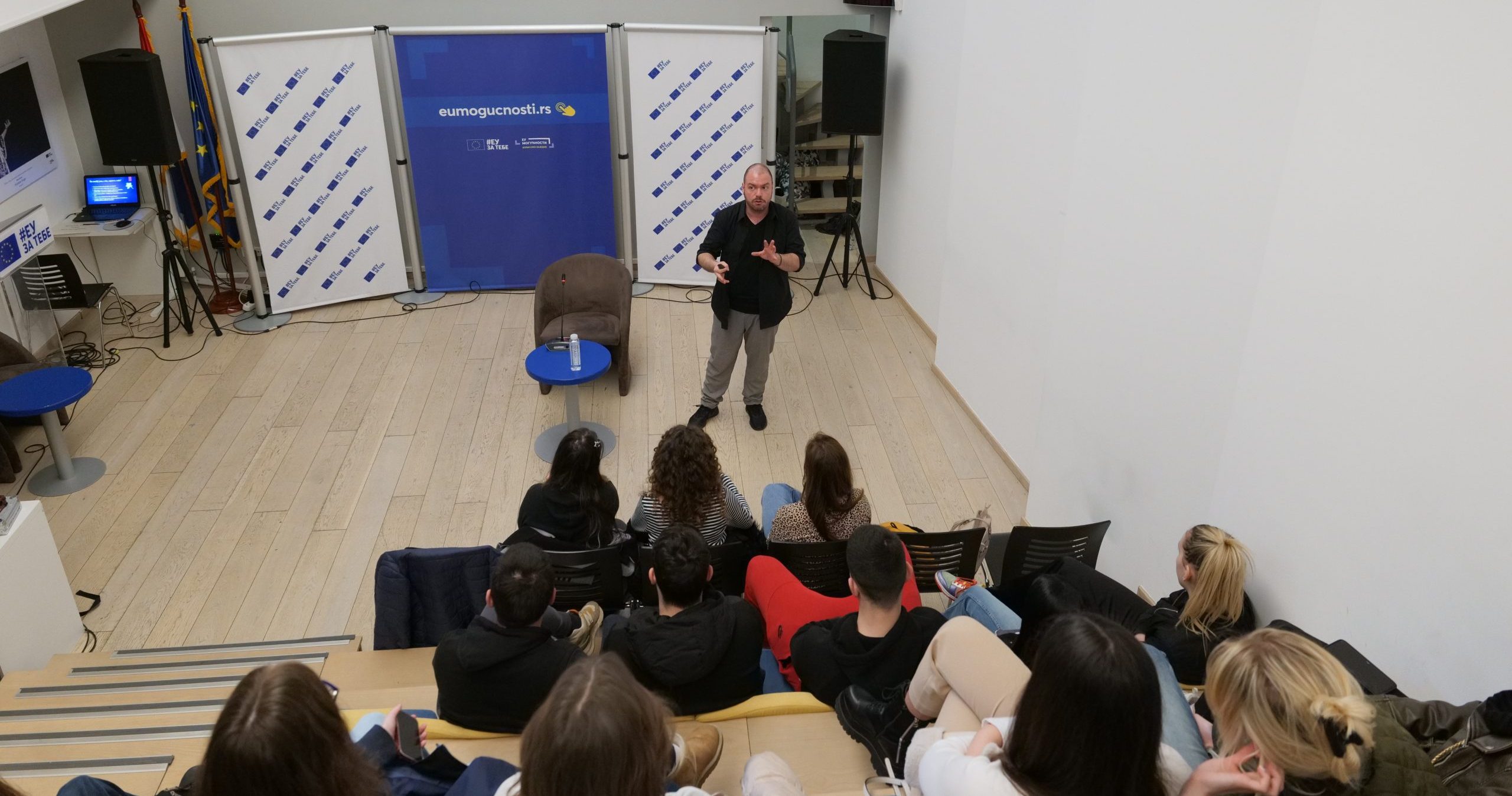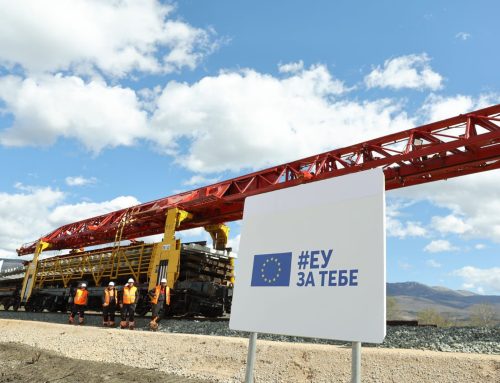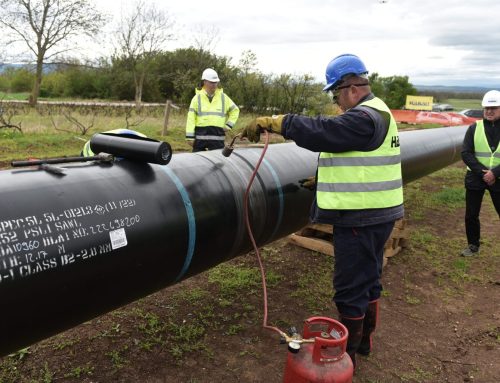During the first workshop in a series of media and information literacy workshops that will be held every month in Belgrade, Niš and Novi Sad, Belgrade high school students showed that they know how to check the information they receive, but the problem is trust in the media.
Today, more than 30 students from two Belgrade high schools got a new perspective on the media through a media literacy workshop at the EU Info Centre. Although born in the digital age, these students are young and it is important that they know how to understand and analyse the messages they receive through the media.
Media shape a message in order to get as many viewers, listeners, followers as possible, but also to attract more and more people who would click on their news. However, media content that does not provide verified information, does not educate or does not provide entertainment that does not provoke sensationalism – should not be followed, the students of the Third Belgrade Gymnasium, Law and Business School and Artmedia High School learned.
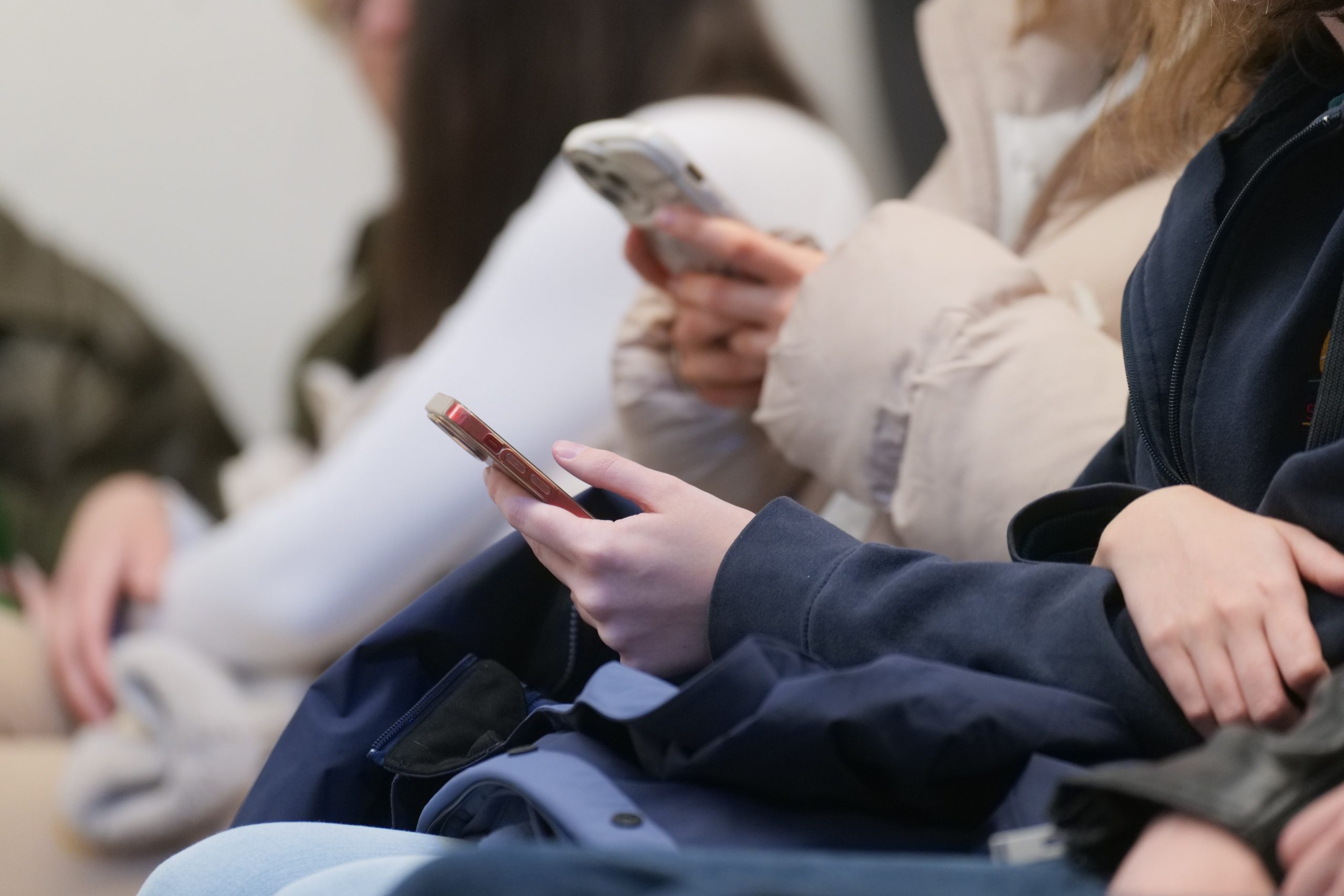
“We live in sensitive times with a lot of space for misinformation and fake news. That is why it is important to have strong and stable media, as well as journalists who double-check the information, especially texts of public interest,” said Plamena Halacheva, Deputy Head of the European Delegation in Serbia, at the beginning of the workshop.
She reiterated that we mostly encounter fake news in times of crisis, such as the migrant crisis, the infodemic during the corona virus pandemic and the war in Ukraine.
However, Halacheva believes that young people can change and stop fake news, misinformation and manipulation in the media to a large extent because they were born in the digital age and have the skills to check any information on the Internet in just a few seconds.
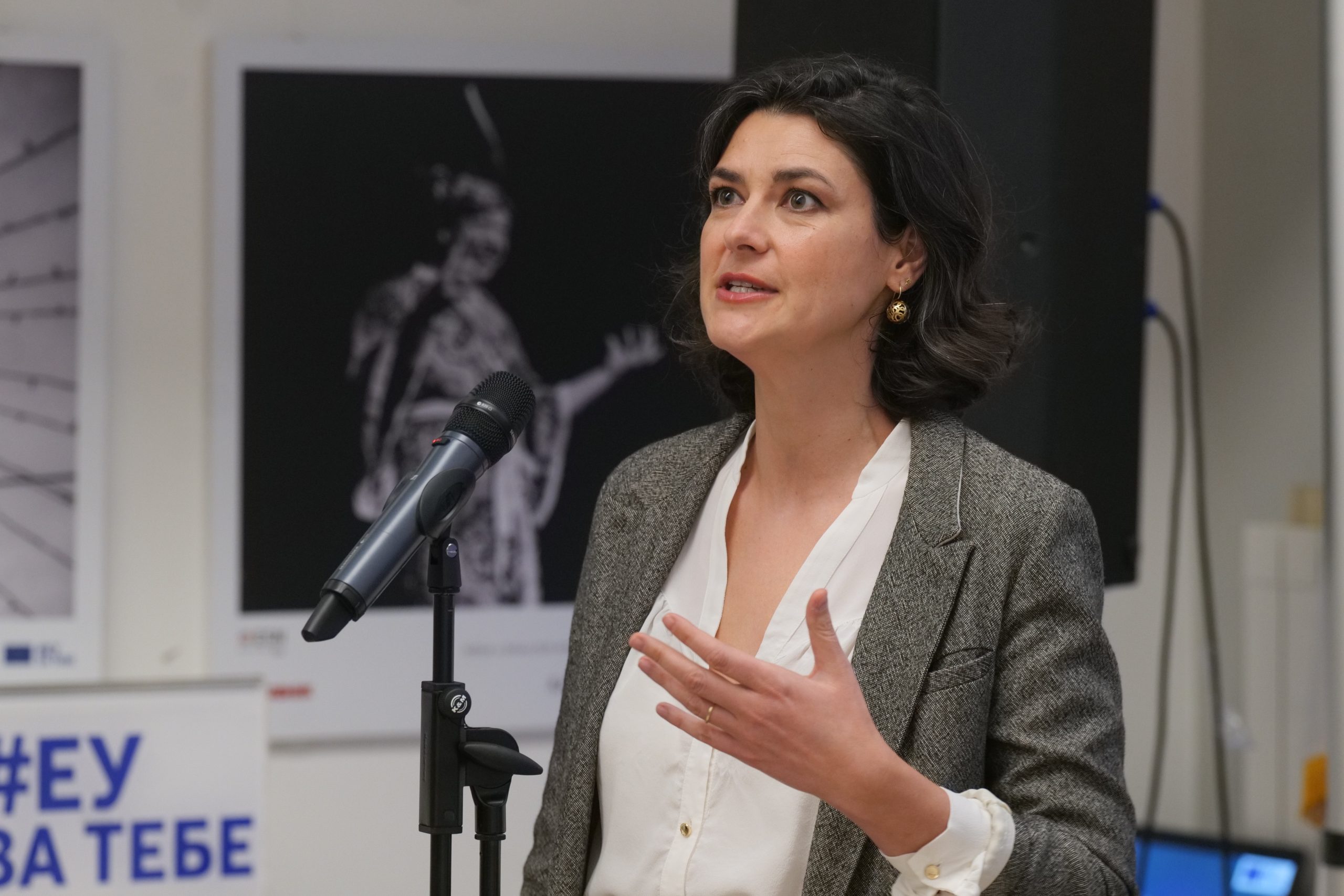
Young people also need the support of their elders in this process.
“We are counting on you, young people, in this battle against information manipulation”, Halacheva emphasised.
In the coming period, EUINFONET will host a series of media and information literacy workshops for high school students. Follow us on social networks and websites.

